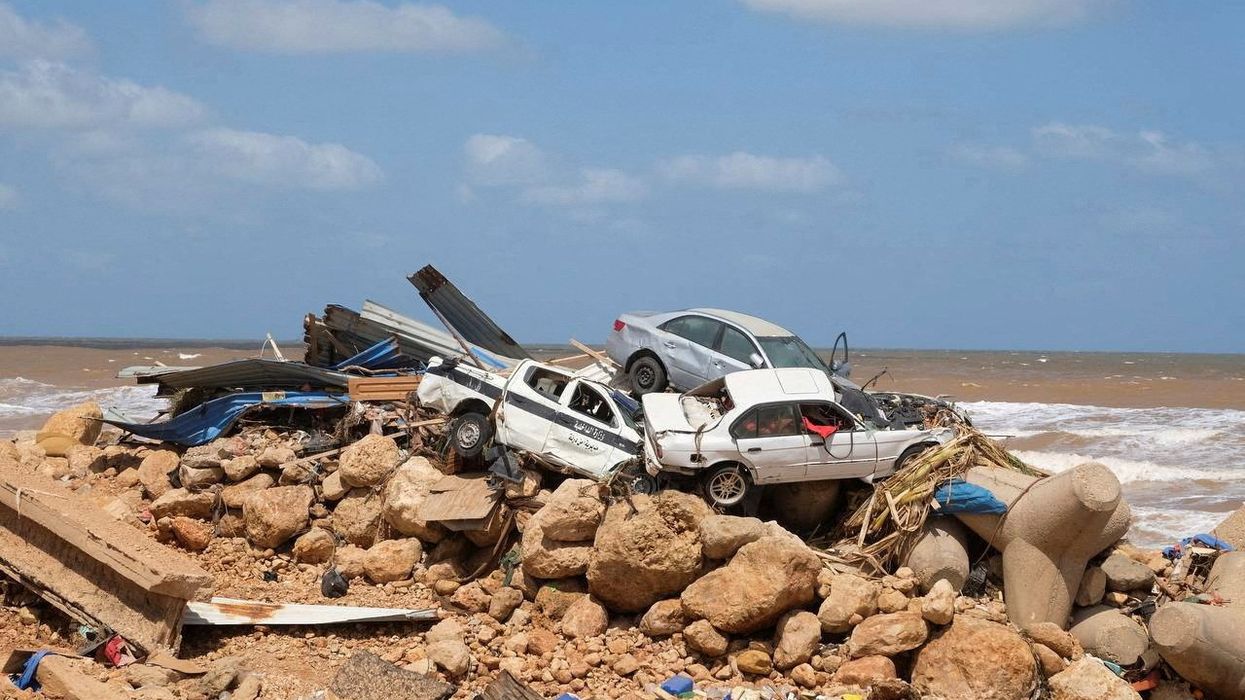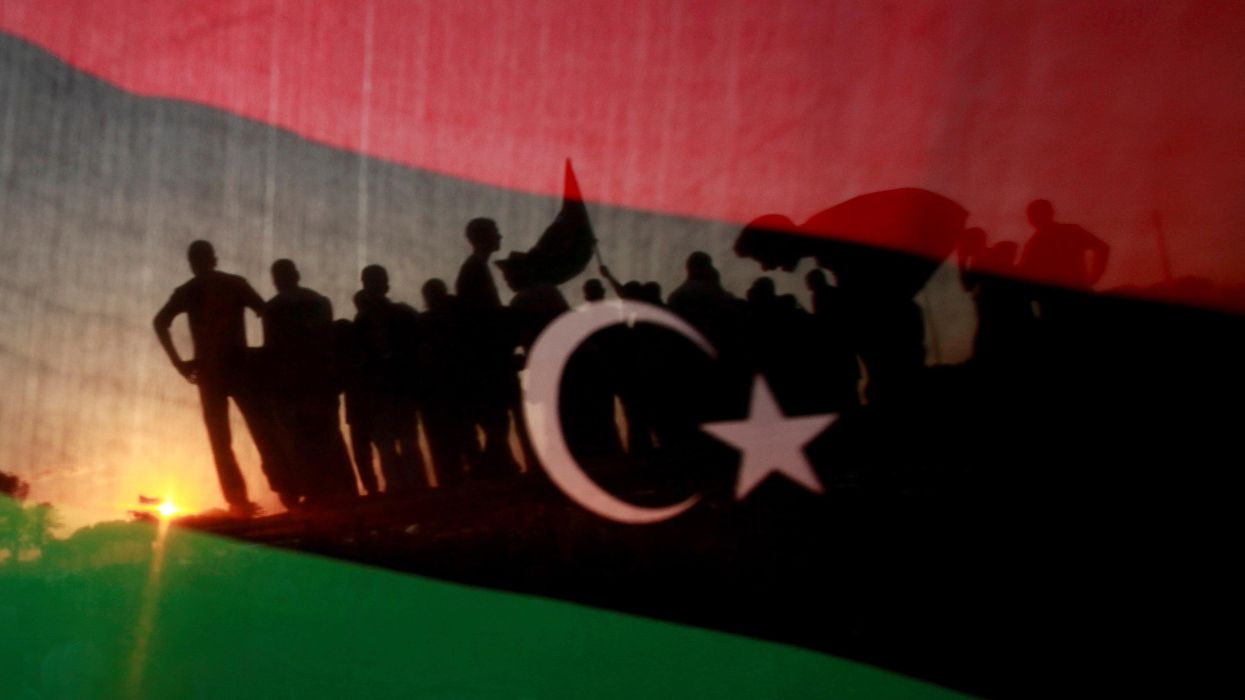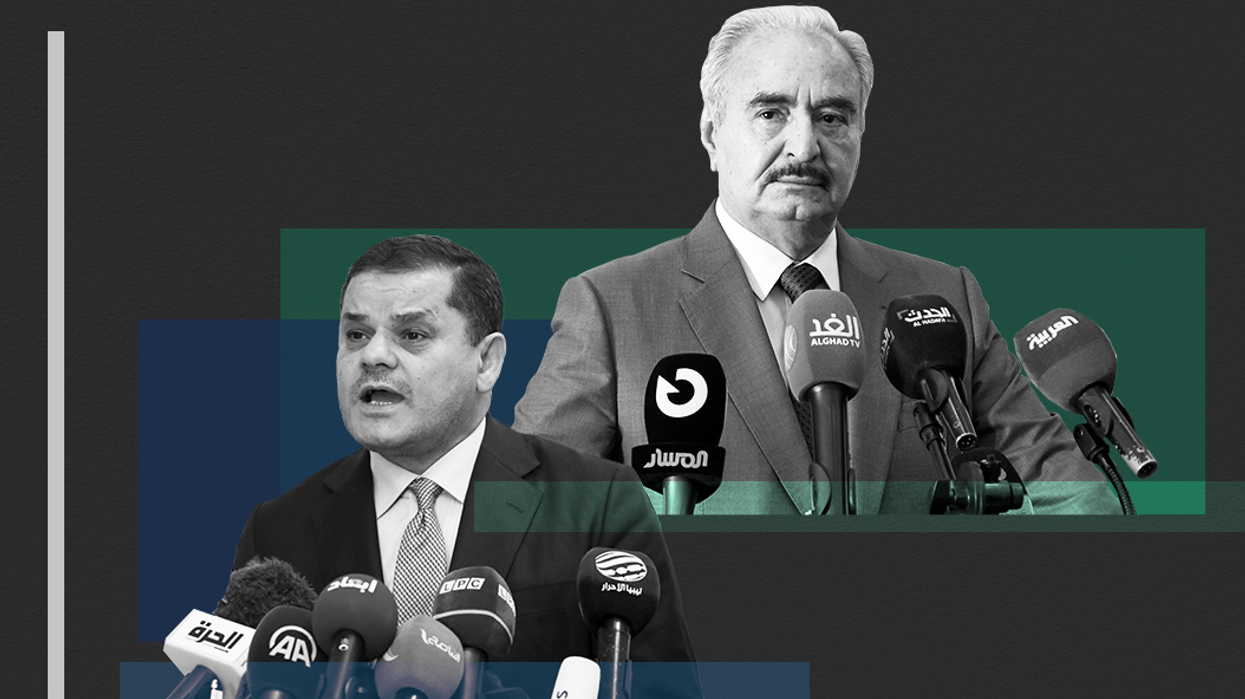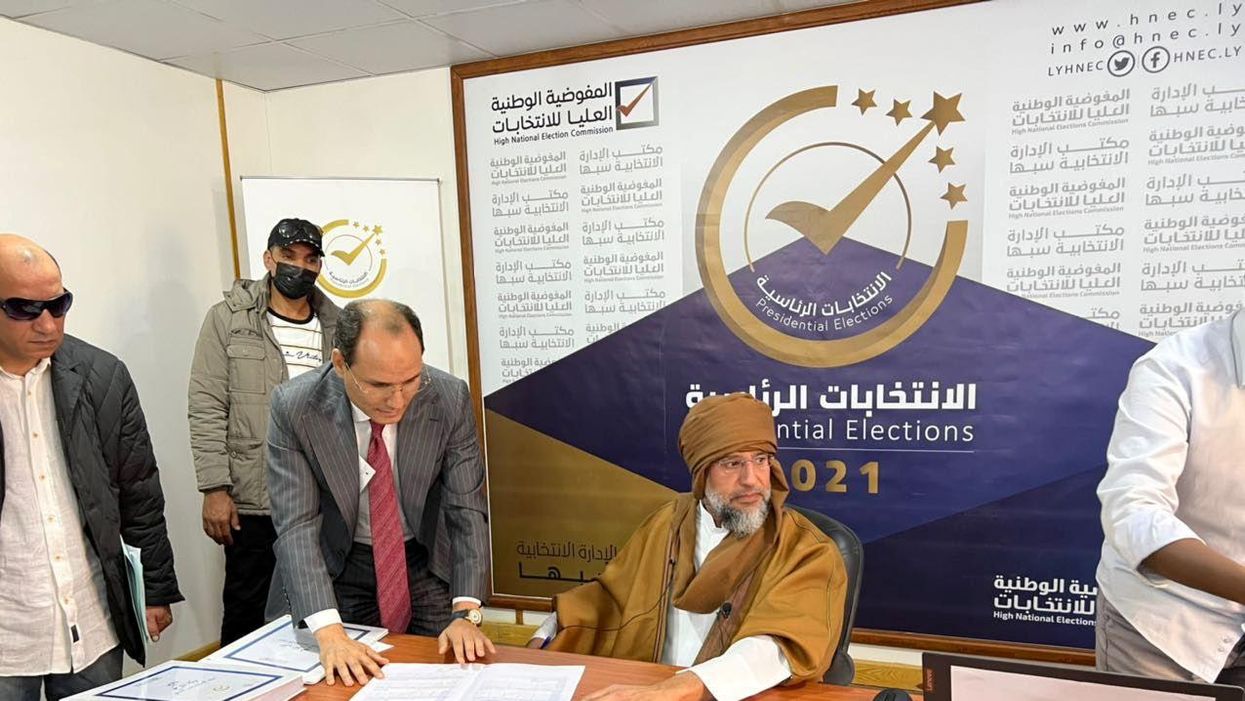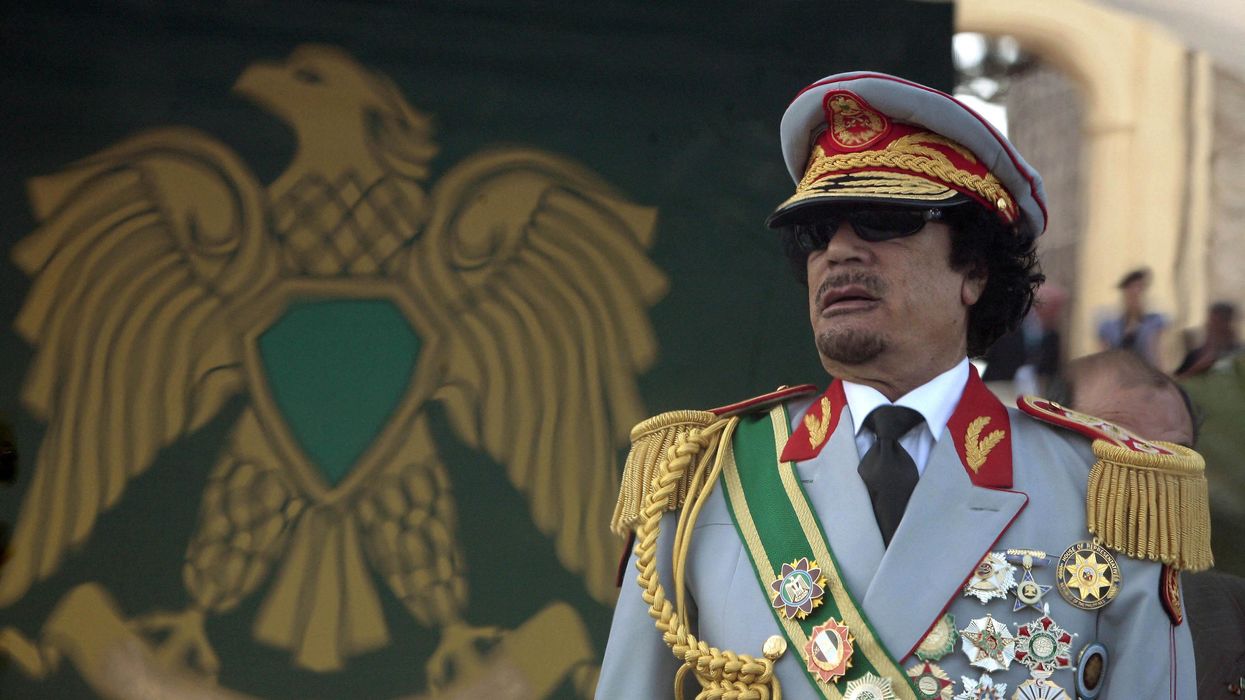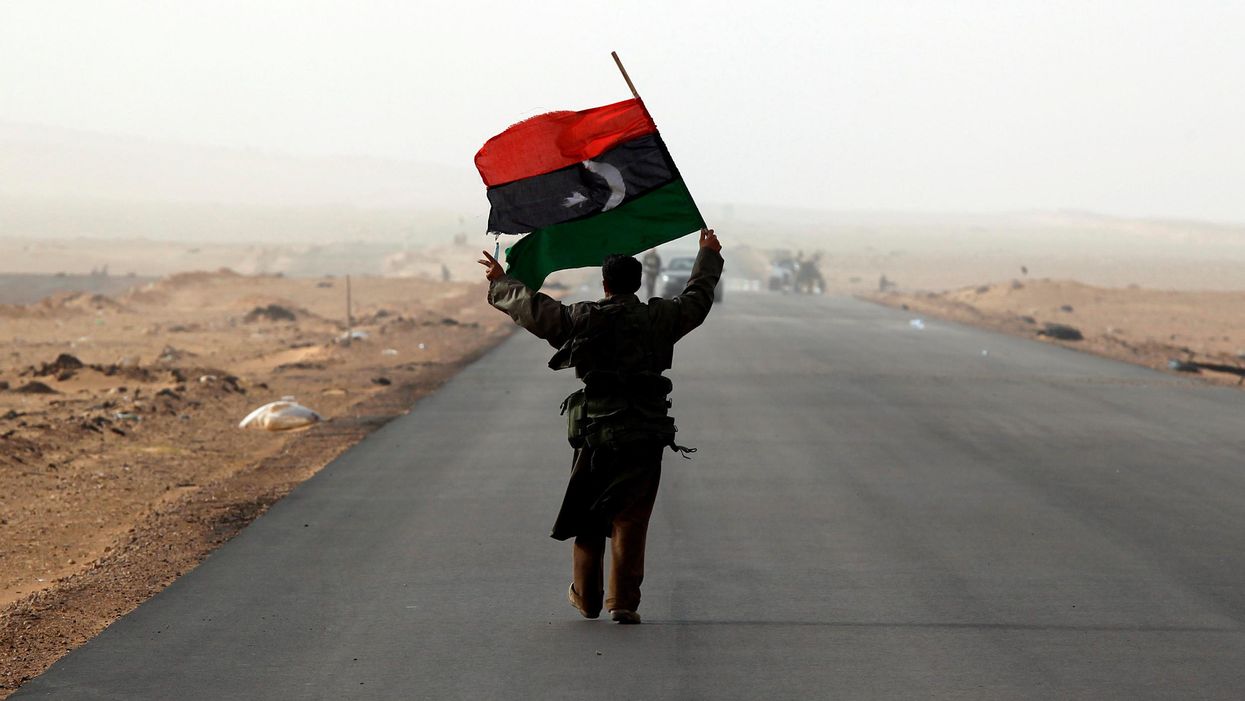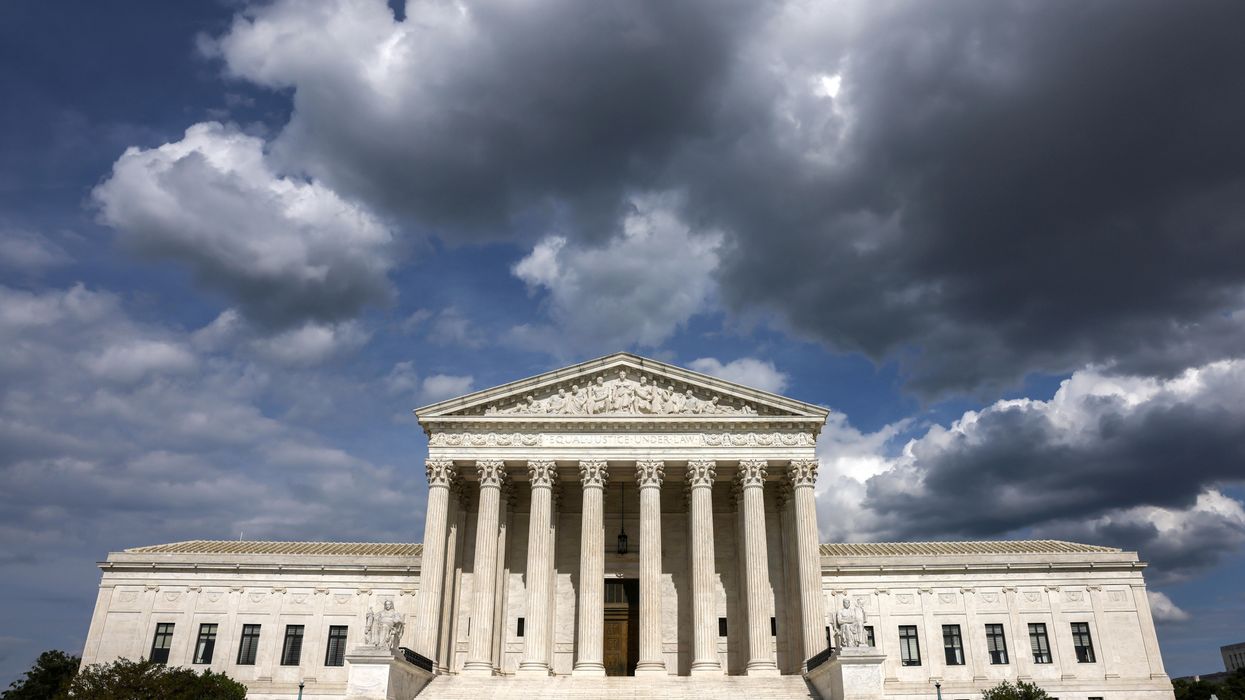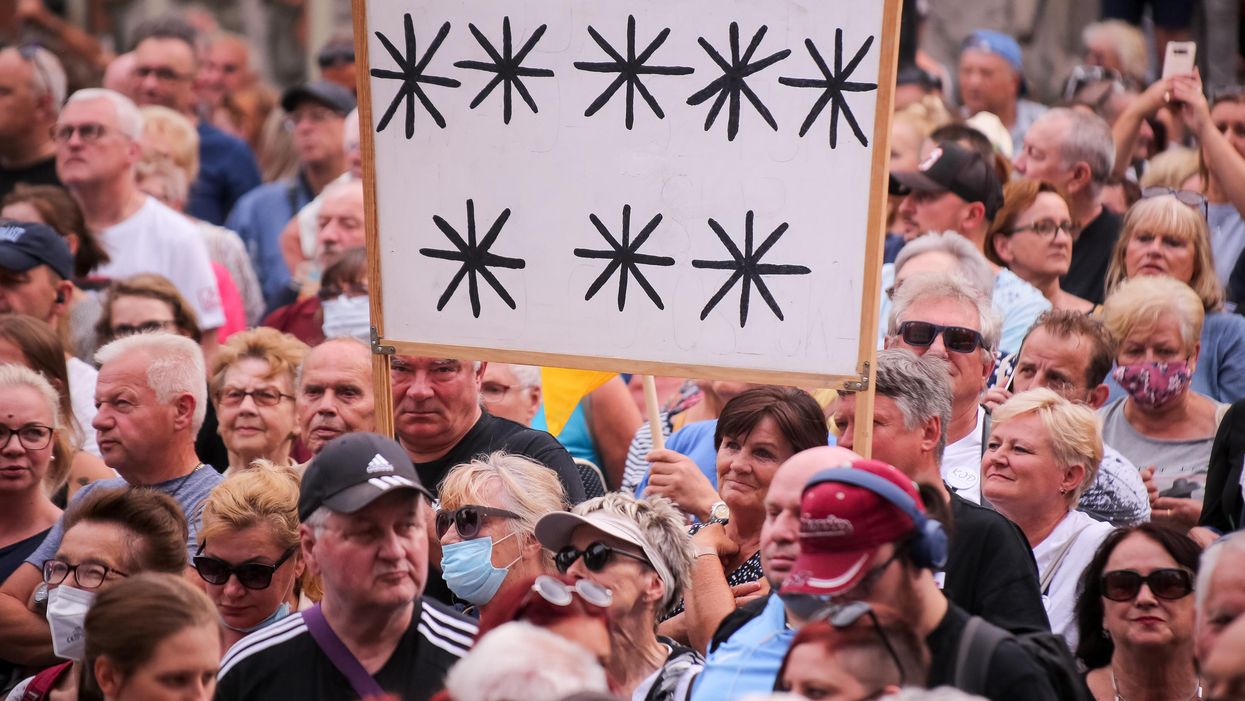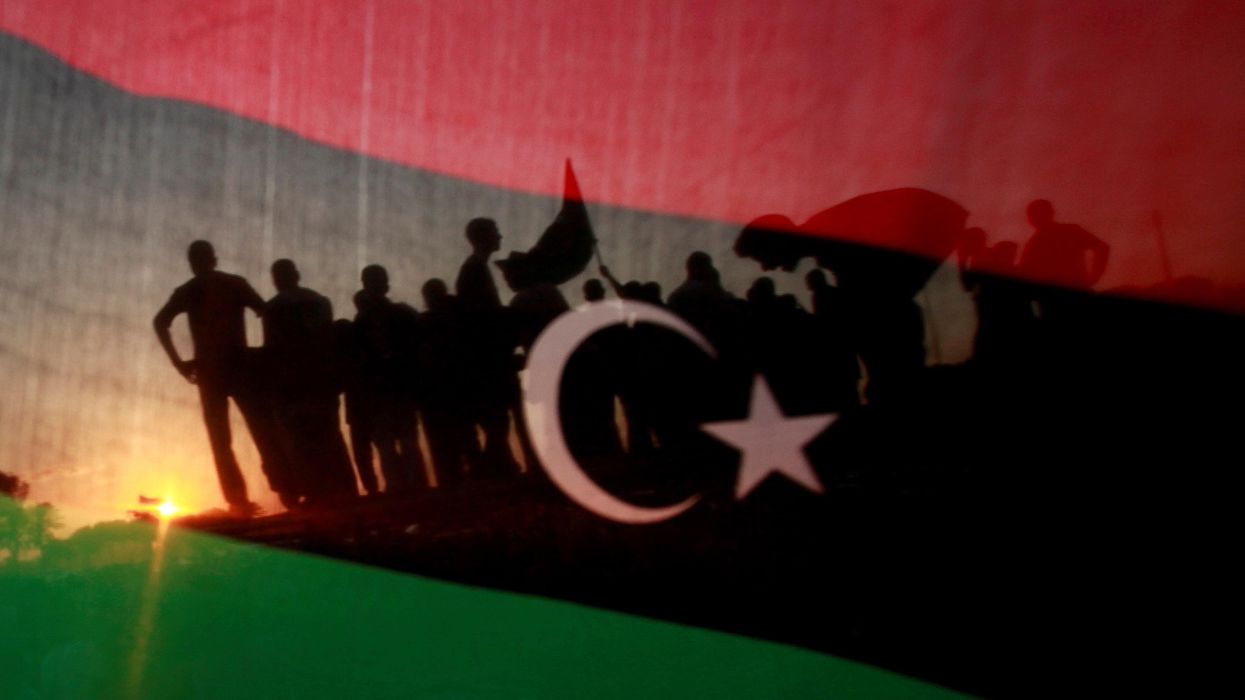Analysis
The politics of aid in flooded Libya
Eastern Libya is reeling from devastating floods that have killed at least 3,000 people, while as many as 10,000 are missing. The deluge ripped through two dams on Monday, destroying entire towns and neighborhoods.
Sep 12, 2023
